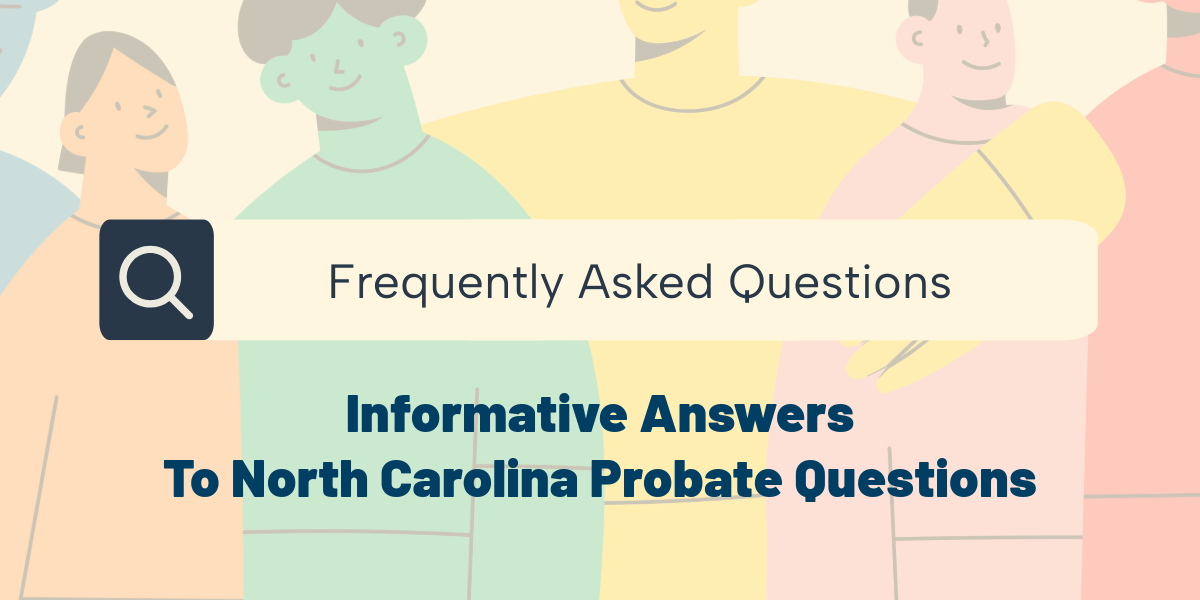Why Property May Be Sold to Pay Estate Debts
Estates often hold illiquid assets such as homes, land, or family heirlooms. If cash in the estate cannot cover funeral costs, taxes, or administration expenses, the personal representative may need to convert property into funds. North Carolina law makes every asset available unless a statute says otherwise. Real property, personal effects, even certain joint account proceeds can become payment sources when liquid assets fall short.
Statutory Priority of Claims
The personal representative must follow a strict order when applying estate funds:
- Costs of administration approved by the Clerk of Superior Court
- Funeral and burial costs within statutory limits
- Federal and state taxes owed by the decedent
- Valid medical expenses from the last illness
- Other lawful debts
This hierarchy matters when deciding which assets must be sold. A North Carolina Probate Lawyer ensures each tier receives proper payment before distributions to heirs occur.
Real Property: When and How It Can Be Sold
Legal title to land vests in heirs at death. Yet the estate keeps a “right of possession and sale” if the personal representative determines liquidation serves the estate. Two main pathways allow a sale:
1. Express Power in the Will
If the will grants a clear power of sale, the personal representative lists, markets, and sells the property without a separate court order.
2. Special Proceeding Before the Clerk
When the will lacks that authority, the personal representative files a special proceeding in the county where the land sits. All heirs or devisees receive service of process. After notice and any required hearing, the Clerk issues an order permitting the sale. Net proceeds first satisfy liens on the property; the balance feeds the statutory claim list.
Personal Property: Flexible Options for Cash Conversion
North Carolina gives the personal representative broad power to sell personal items such as vehicles, collectibles, or securities—often without a court order. One caveat: household furnishings subject to a surviving spouse’s life estate require consent. A North Carolina Probate Lawyer helps inventory assets, document fair prices, and avoid conflicts among beneficiaries.
Accounts With Survivorship or Pay-on-Death Designations
Joint accounts with right of survivorship (JTWROS) and pay-on-death (POD) accounts usually bypass probate. Still, the estate may claim the decedent’s share when necessary to cover:
- Year’s allowance for the surviving spouse and minor children
- Funeral costs
- Administration expenses
- Creditor claims, once other probate assets run out
These funds cannot satisfy mere bequests. Careful tracing preserves beneficiary rights while honoring creditor priorities.
Special Asset Categories
Gifts Causa Mortis
Death-bed gifts remain revocable if needed to pay estate debts. The personal representative may reclaim such assets before distribution.
Wrongful Death Proceeds
Compensation from a wrongful death suit belongs to statutory heirs, not the estate. Only limited expenses—burial costs and final medical bills—may draw from these proceeds. Skilled counsel ensures proper segregation.
Oversight by the Clerk of Superior Court
The Clerk provides continuous supervision. Key checkpoints include:
- Approval of the personal representative’s bond and commission
- Audit of the initial inventory and annual accountings
- Authorization of real estate sales lacking express will power
- Final audit that closes the estate and releases the personal representative from further duties
Missing a filing deadline or distributing assets too soon can trigger clerk sanctions. Legal guidance keeps the timeline on track and avoids penalties.
Fiduciary Duties and Personal Liability
The personal representative owes absolute loyalty to the estate. Premature distributions create risk. If assets reach heirs before the creditor claim window closes, uncovered debts may fall on the personal representative personally. Likewise, unpaid estate taxes can attach to the fiduciary. Engaging a North Carolina Probate Lawyer reduces exposure through proactive planning and timely court approvals.
Practical Strategies for Smooth Estate Administration
- Gather records early. Bank statements, deeds, and insurance policies reveal hidden obligations and resources.
- Publish notice to creditors promptly. The countdown for claims begins with publication, reducing uncertainty.
- Order professional appraisals. Fair market values support sales and defend against beneficiary objections.
- Document every transaction. Receipts, closing statements, and ledgers form the backbone of the final account.
- Maintain clear communication. Regular updates keep heirs informed and limit disputes.
The Bottom Line
Estate debts obey a rigid statutory order. When liquid funds run dry, North Carolina law directs the personal representative to turn to property sales—first personal items, then real estate if needed. Each transaction demands careful attention to creditor priority, heir rights, and court oversight. A North Carolina Probate Lawyer supplies the roadmap, protects the fiduciary, and ensures a lawful and efficient closing.
Talk With Pierce Law Group Today
Managing an estate is demanding. Property sales, creditor deadlines, and court filings leave little room for error. Pierce Law Group has the experience you need to navigate each requirement with confidence. Email intake@piercelaw.com or call (919) 341-7055 now. Our team stands ready to guide you through North Carolina probate and safeguard your loved ones’ legacy.


